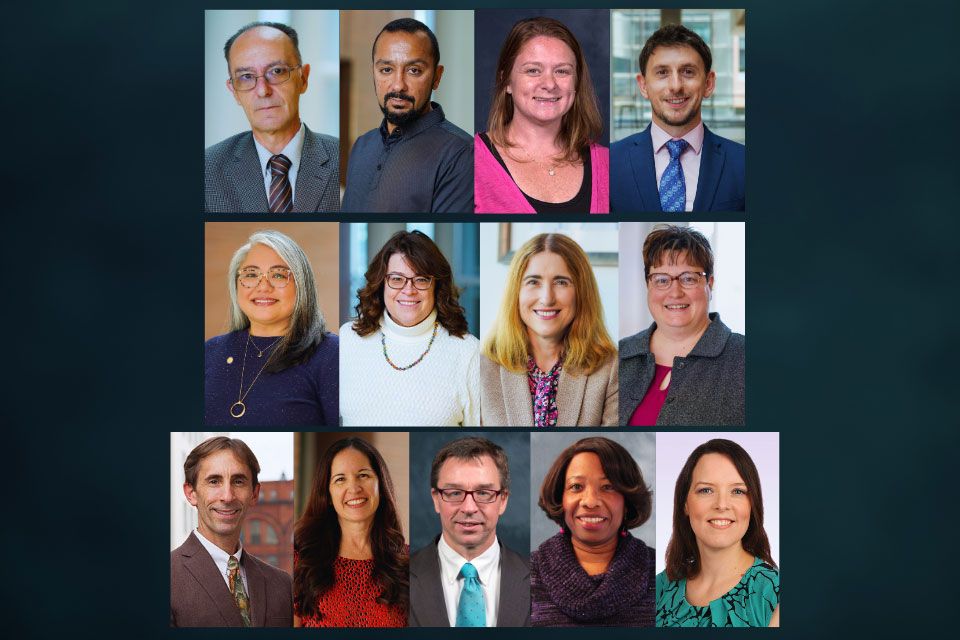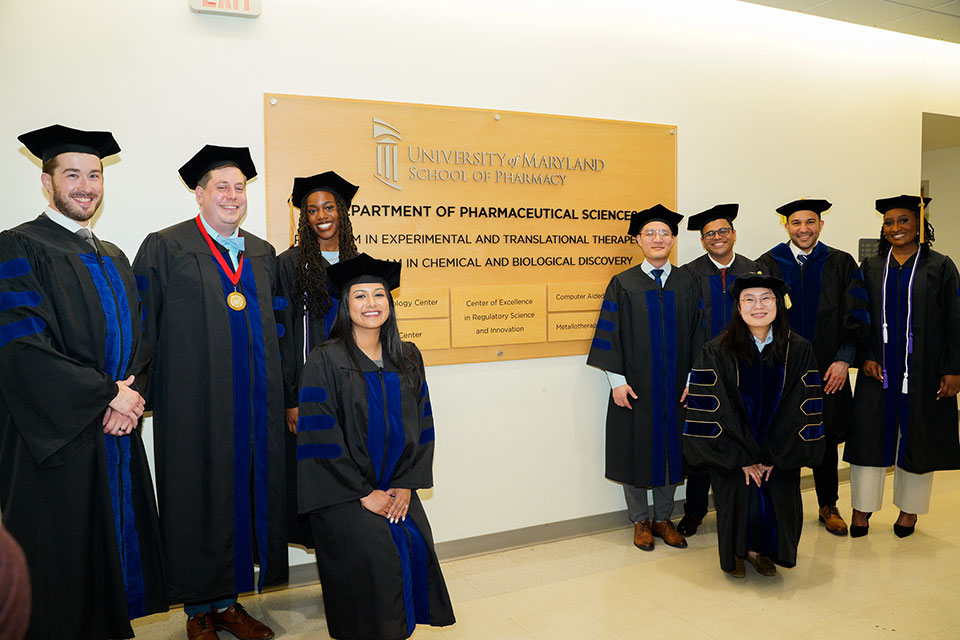Pharmacy Faculty Leading State Charge on Natural Psychedelics Therapeutic Use, Recreational Sales
Recommended access would include medical and therapeutic use, supervised adult use, deprioritization, and commercial sales.

By Emily Bleiweis
November 17, 2025
The University of Maryland School of Pharmacy (UMSOP) is at the forefront of research and recommendations around natural psychedelic substances for both therapeutic and personal use.
Andrew Coop, PhD, professor in the Department of Pharmaceutical Sciences and associate dean for students at UMSOP, has spent the last year as chair of the State of Maryland’s Task Force on Responsible Use of Natural Psychedelic Substances, which focused on the use of psilocybin/psilocin (derived from “magic mushrooms”), mescaline (derived from cacti), and dimethyltryptamine (DMT), which is often used in ayahuasca.
This month, the task force released its October 2025 report to the Maryland General Assembly, recommending a multi-pathway framework designed to provide safe, broad, and equitable access to natural psychedelic substances, with an initial focus on psilocybin.
“This report represents an unprecedented collaborative effort drawing on Maryland’s legacy and leadership in psychedelic science,” said Coop. “The task force’s goal has been to provide evidence-based recommendations that prioritize public health, patient safety, equity, and scientific integrity.”
The recommended access would include medical and therapeutic use, supervised adult use, deprioritization — which would include reducing law enforcement and prosecution around natural psychedelics — and commercial sales. The committee found that natural psychedelic substances may be useful in treating mental health conditions, substance use disorders, and chronic pain.
The phased plan allows for what the task force calls “long-term learning and improvement.” It allows for the state to start small and utilize built-in evaluation mechanisms, gathering real-world data, and committing to iterative policy making that can adapt to evidence as it comes in.
“Rather than choosing a single regulatory pathway, we’re integrating the strongest elements from various approaches to maximize public benefit while mitigating risks,” said Shanetha Marable-Lewis, MS, a 2022 graduate of UMSOP’s MS in Medical Cannabis Science and Therapeutics program who chaired the Regulations and Governance Committee of the task force, and executive director of Veterans Initiative 22. “The ensemble model allows us to serve the diverse needs of Maryland’s population while maintaining unified safety standards and accountability.”
“The report, titled ‘A Pathway Forward,’ sets the vision for Maryland as a leader in the psychedelic space, and the next 12 months are critical for continued education of the public and elected representatives to ensure the vision becomes a reality for all Marylanders,” Coop added.
For more information, visit: tfnps.com.



